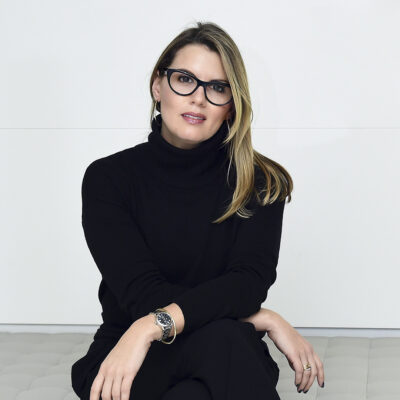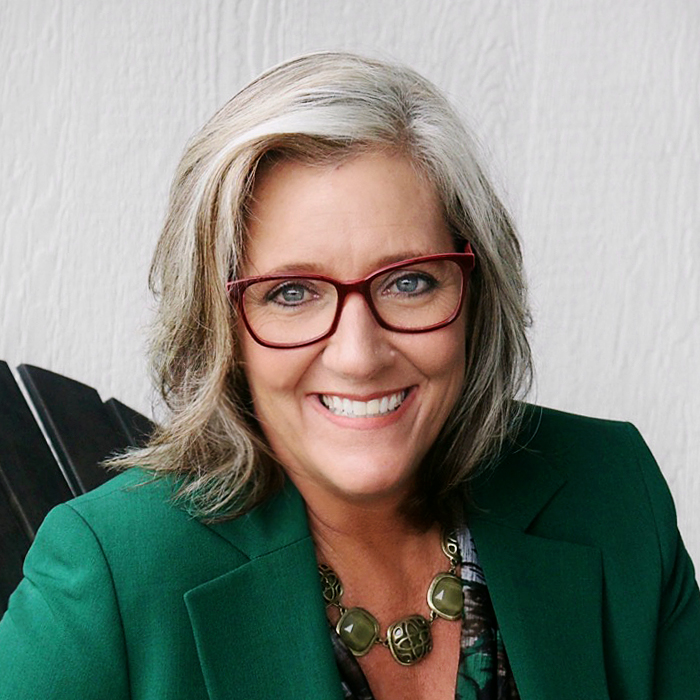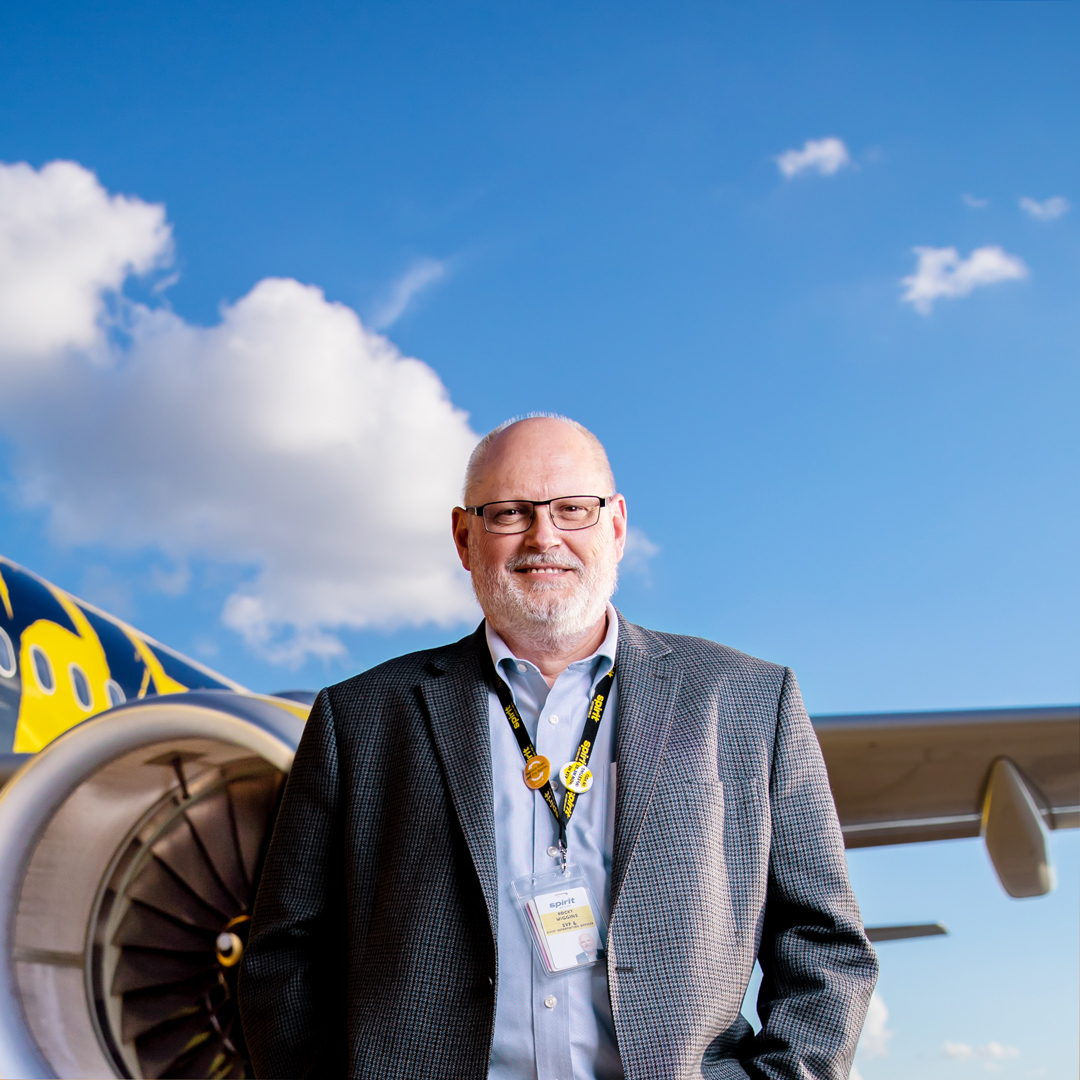|
Getting your Trinity Audio player ready... |
You know someone like David Needham. You may have gotten him confused for a high school student well into his early career. It’s happened to Needham more than once. When he showed up to conduct company software training, he was routinely asked which parent he was waiting for. It’s not just his age that doesn’t show.
One would probably never guess that the chief technology officer (CTO) of Oportun for the past eight years grew up speaking Spanish as his first language in California’s Central Valley. It confounded his kindergarten teacher so much that it was thought he may need special assistance. “My mother had to convince the teacher that I knew all of my ABCs and 123s, just in Spanish,” Needham remembers. The CTO grew up white and Latino, but, having been raised in a primarily Mexican household, he felt a strong connection to his mother’s Latina side of the family.
Walking that bicultural line also was also a challenge at those same early company trainings at his first employer. In Miami, after convincing the office manager that he, not his parent, would be conducting the training, he asked if he should conduct the session in Spanish. He was told no.
After introducing himself, he heard a torrent of unenthused chatter from the back in Spanish, a language he presumably didn’t understand. “I just let it roll for a few minutes,” Needham recalls. “I knew this was going to be fun. When I responded in Spanish, you just heard everything stop and the crickets chirping.”
Needham’s takeaway from his earliest work experience wasn’t a gotcha or a chance to inflict retribution. “I realized that my heritage is a gift,” he says. “It was important for me to put down all my preconceived notions of who someone is or what their background is. Just as they couldn’t see their bias with me, I never want to be that person in the back of the room.”
David Needham shares the career advice he received as an intern:
That openness meshes well with what is almost immediately apparent with Needham: he listens, and he cares. In Oportun’s efforts to become an omnichannel and inclusive platform that serves low- and moderate-income people, Needham says it starts with his own team striving to do the same.
“I seek to empower and trust those that are closest to the problem,” the CTO explains. “It’s those who are closest that can find the best solutions. I believe in a customer-first approach in the products we design and build. My team and I are driven to seek a deeper understanding of our customers’ needs. At the end of the day, it’s our customers who will be using the platform and benefiting from our approach.”
It might seem elementary, but it’s a principle held strongly by almost any tech innovator that has stood the test of time. “You hear a lot of people say that they want to get into the customer’s mind,” he explains, “Humility is the key to achieving this. Instead of trying to get in their mind, just ask the customer, ‘What do you like? What do you not like?’ Getting direct feedback can lead you to answers that you might not want to hear, but it’s those things that are the true gifts.”
Needham speaks of gifts often. “My approach comes from a place of just wanting to see others having a similar opportunity to what I had,” he says. “I consider myself very lucky. Every day, at some point, my wife and I just look at each other and think about how grateful we are for what we have.”
He also believes that key mentors who understood his life experience have been critical to advancing his career, and he seeks to provide the same opportunity to others. “I have three people in my life who have vouched for me and advocated for me in my career,” Needham continues. “Our CEO, Raul Vazquez, is one of those people. I want to help someone get their first internship, to coach them along the way, and provide all those little micro-opportunities that I look back on and realize I had.”
That motivation has led Needham to sponsor and participate in numerous mentorship opportunities in California Central Valley’s most underserved communities. That includes STEM and hackathon programs as well as Oportun’s partnership with the University of California, Merced in the Oportun Modesto Technology Center.
That One Thing
David Needham’s advice is most pressing for those feeling overwhelmed by the demands of a new challenge. “There are lots of things I’m terrible at,” Needham begins with a laugh. “But because I found one thing that I was really good at and passionate about, it allowed me to build a career on that one thing and eventually get to a place where I’m able to figure out the rest by surrounding myself with others, where we can all build off each other.”

Thoughts from Guest Editor Lorna Hagen
“Solving the problem the customer has, rather than the one you think they have, is the key to ideation. David Needham is spot on when he cites humility as the entry point for a successful customer relationship. The ability to say ‘I don’t know’ creates a culture rooted in learning that serves customer and employees well. It’s also critically important when entering new markets, whether by segmentation or geography to ensure product-market fit.
“Our diversity conversations have finally begun to speak about equity—the idea that everyone needs to be able to reach the same outcomes. That happens when there is a level playing field of opportunity. Needham’s philosophy on opportunity sets up an environment of true diversity and acceptance of different ideas.”
Read features from the Issue 3, 2021 Global section, featuring commentary from Guest Editor Lorna Hagen.
David Needham Transcript
I was in an elevator going to work one morning when I was still interning. And this gentleman working on the same floor, he knew that I was in training. He just looked at me and said, “You know, whatever you do, do the best job you can and be better at whatever you’re doing than everyone else. And as long as you do that, you’ll be good.” And when I think about what I would, decomposing that a little bit to share with someone else, what I think he was saying or at least what I heard, was if there’s something that you’re just like gifted at and or that like you really love doing, if you can just, like, make that magic happen and are just really good at that, use that as the thing that you are able to step off of. Right? Because I think leadership and management is all about being able to take one thing or a couple of things that you’re just amazing at and then being able to be accretive to a team or to others.

